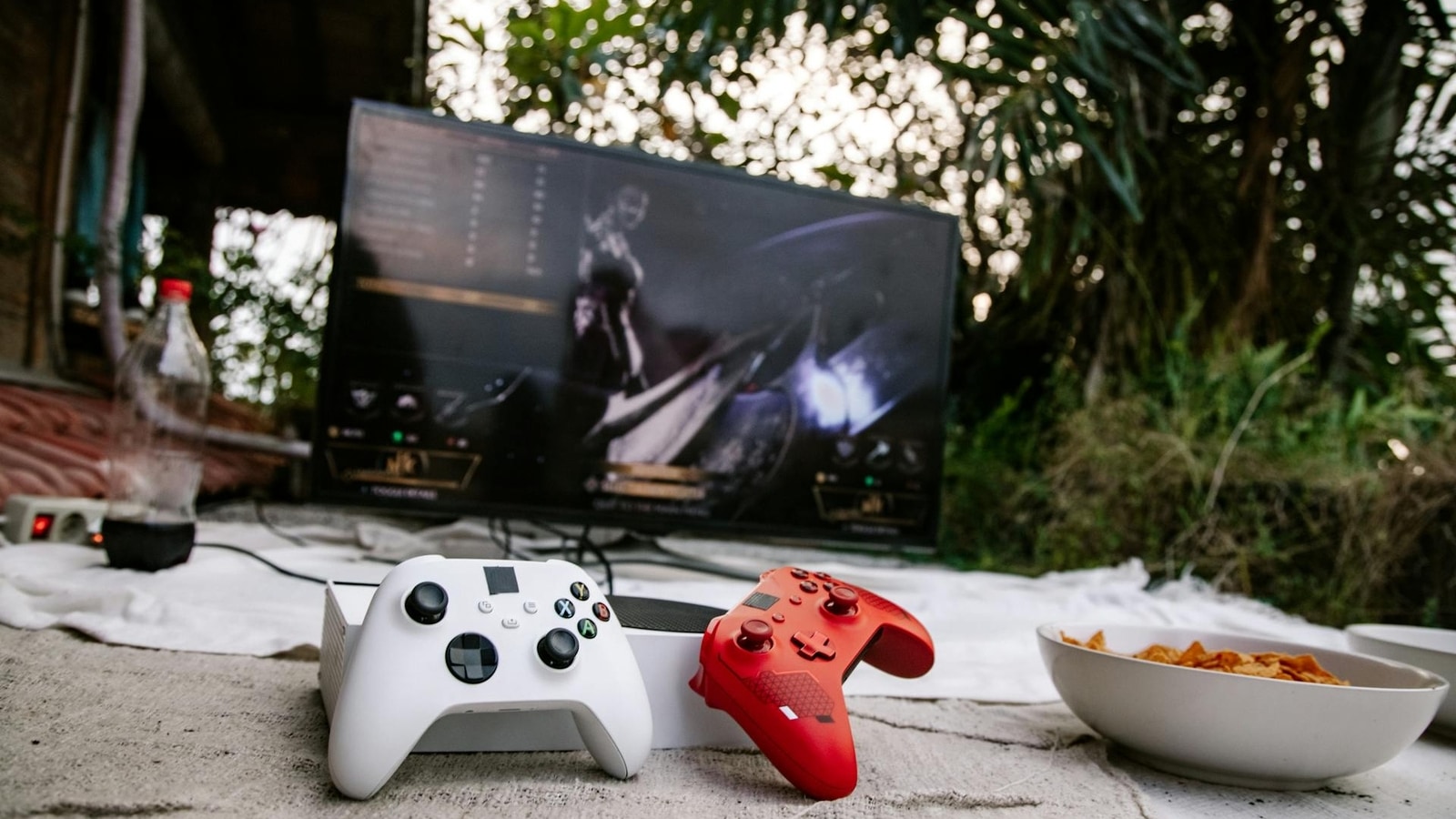Romance and love are oddly tricky to capture authentically in a documentary. So much of what fosters real connection — as opposed to, say, “Bachelor”-style performative love — happens away from cameras. Plus, every love story is a bit of an experiment, and the observer effect applies: being filmed tends to change the results.
But you can capture something about romance in a documentary. I don’t mean the kind that ends in disaster and a true crime documentary. I mean the movies that reveal something to us about the highs and lows, the glories and discontents, and above all something ineffable about love itself, transcending just romance.
You probably have your own favorites, and your list might include one of mine: “Fire of Love” (2022, Disney+), Sara Dosa’s swooner about the volcanologists Katia and Maurice Krafft. United in love of one another and, perhaps just as much, love of volcanoes, they perished together in a volcanic explosion in 1991. Their shared interest was a fundamental part of their lives, which made me think of several documentaries about artistic couples, like Daniel Hymanson’s heartbreaking “So Late So Soon” (2021, rent on major platforms) and Zachary Heinzerling’s acclaimed “Cutie and the Boxer” (2013, Vudu), both of which delve into complex relationships that weave together creativity and partnership.
Other documentaries tap into the power of love to sustain us across tragedy and hardship. I think of this year’s Oscar-nominated “The Eternal Memory” (Paramount+), directed by Maite Alberdi, about a couple navigating one partner’s deteriorating memory. Or Jonas Poher Rasmussen’s “Flee” (2021, Hulu), in which, on the verge of marriage, an Afghan refugee tells his story of traumatic displacement; his soon-to-be husband has become the only place of safety he can find, but he’s still reticent to trust any home at all. Or there’s “Time” (2020, Prime Video), Garrett Bradley’s gutting film about Fox Rich’s fight to free her husband, Rob, from a 60-year prison sentence. (This was a co-production of The New York Times.)
There are so many more I could name that probe the corners and edges of romance, but two more spring to mind, difficult ones to describe. Benjamin Ree’s “The Painter and the Thief” (2020, Max), about a relationship that develops between an art thief and the artist whose works he stole, is a slippery one. Its twisting narrative leaves you wondering, by the end, whether you know what exactly you’ve just watched, and questions not just what a romance really is, but also just how much any documentary can capture about a relationship.
And then there’s Agnes Varda’s “Jacquot de Nantes” (1993, Criterion Channel), which is barely a documentary for long stretches. It’s the venerable filmmaker’s re-creation of the childhood of her husband, the equally distinguished filmmaker Jacques Demy, and mixes fictional scenes of his childhood with documentary footage of him at the end of his life. Demy had long wanted to make the film himself, but when he became too ill to make it — he died the year before its premiere — his wife took over. So it’s both a love letter and a product of a long partnership, and thus a real portrait of intimacy.























